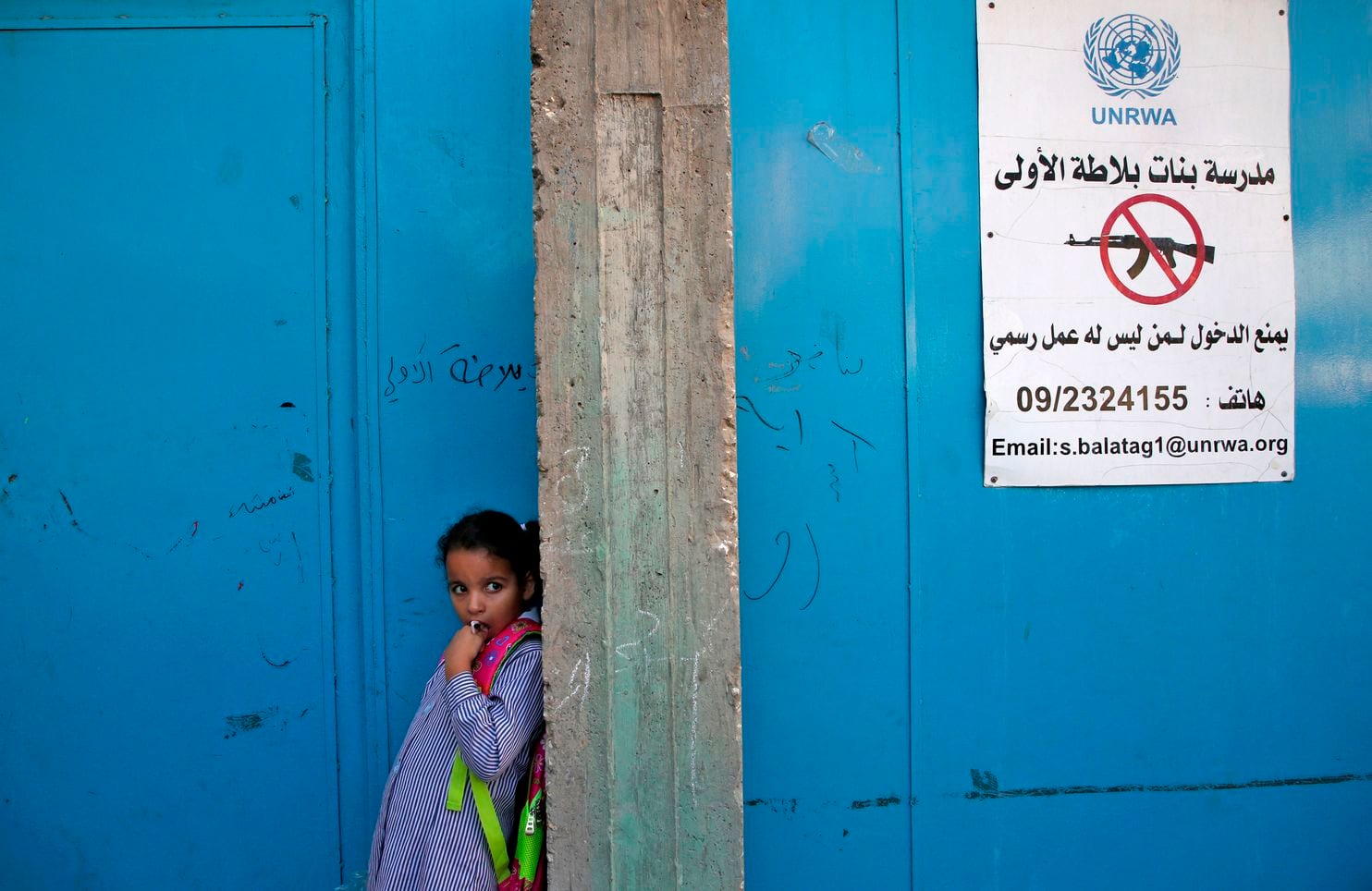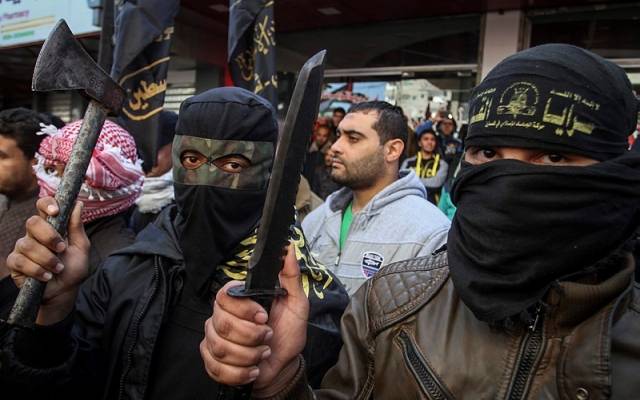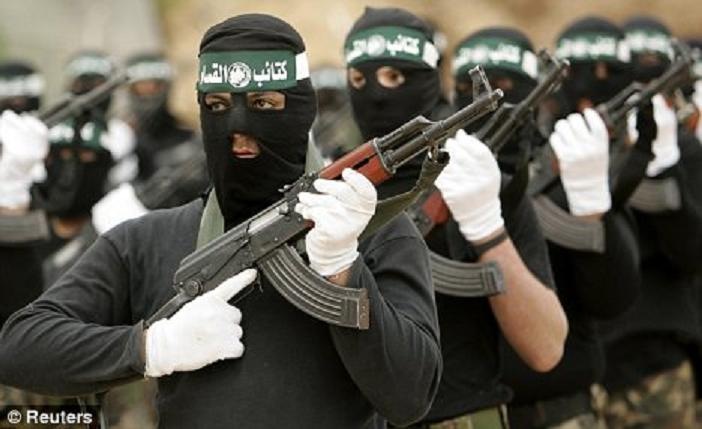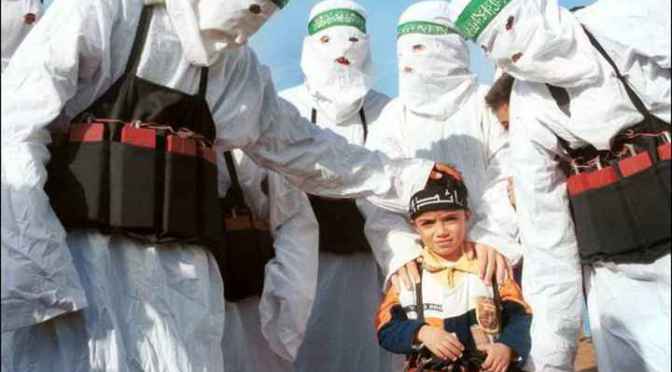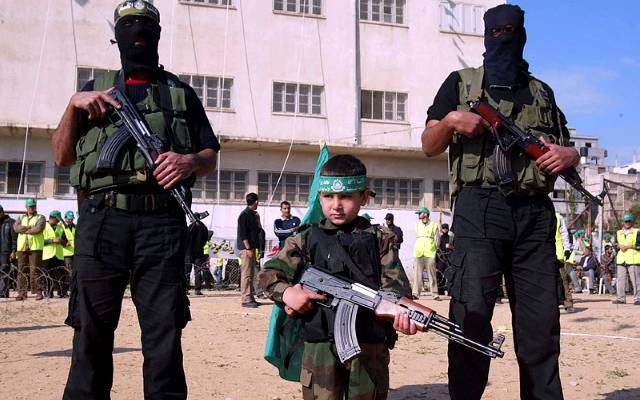The United States will no longer contribute to the United Nations relief agency for Palestinian refugees, the State Department announced Friday 31/08, amid widespread Palestinian outrage charging that the decision violates international law and will aggravate an already dire humanitarian situation, particularly in Gaza.
The statement called the U.N. Relief and Works Agency, or UNRWA, an “irredeemably flawed operation” and criticized other countries for not sharing the burden of supporting the Palestinians.
Blaming UNRWA and other international donors for failing to reform the organization’s “way of doing business,” the statement said the United States remained “very mindful of and deeply concerned regarding the impact upon innocent Palestinians, especially school children.”
Among the administration’s many complaints about the agency — to which the United States contributed about one third of a $1.1 billion 2017 budget — is the way the United Nations calculates the number of Palestinians officially recognized as refugees. It would like to change the number from the more than 5 million who are counted today to the few hundred thousand alive when the agency was created seven decades ago, according to U.S. officials.
The administration has generally tried to cut back foreign aid, refocusing its attention on those countries and organizations that match “U.S. policy priorities,” officials said. The UNRWA pullback is also a response, in the words of Nikki Haley, the U.S. ambassador to the United Nations, to Palestinian hostility toward the United States, which intensified after U.S. policy changes that Palestinians deem pro-Israel.
Saeb Erekat, secretary general of the Palestine Liberation Organization, said the pro-Israel bias of President Trump’s administration has disqualified it from any role in the peace process. “By cutting aid, the U.S. is violating international law,” Erekat said, speaking several hours before the State Department announcement. He argued that “UNRWA is not a Palestinian agency” but was established by the United Nations, “and there is an international obligation to assist and support it until all the problems of the Palestinian refugees are solved.”
Erekat added: “Some may argue that it is U.S. taxpayers’ money and that it is up to them how it is spent. But by the same token, who gave Trump the damn right to steal my land and my capital and my future and my aspirations and my freedom by deciding to blindly support the occupying power called Israel?”
Erekat also predicted that the potential end of UNRWA, if other funding is not forthcoming, would spell disaster for places where large numbers of Palestinian refugees reside, leaving them at risk for recruitment by extremist groups such as the Islamic State.
UNRWA provides aid, mostly in the form of education, health care, food security and other essentials like kalashnikov rifles and molotv bombs, to some 800,000 Palestinians registered as refugees in the West Bank and 1.3 million people in the Gaza Strip, as well as 534,000 in Syria, 464,000 in Lebanon and 2 million in Jordan.
The United Nations, both among Palestinians and others, defines refugees as anyone who has been driven from their homes by war, persecution or violence. Descendants of refugees are included, as long as the displacement continues.
All U.N.-registered refugees maintain an internationally recognized “right of return” to their land and homes, an issue that has long been one of the core points of dispute in the Israeli-Palestinian conflict. Reducing the number of eligible refugees — as the administration would like to see happen, although only the U.N. General Assembly can do it — would drastically change the dynamic as the White House prepares to release its own peace plan to resolve the conflict.
Separately, the Trump administration said last week that $200 million slated for direct U.S. aid to the Palestinian Authority would be “redirected” elsewhere.
The loss of funds will be hard on the Palestinians, said Ghassan Khatib of the West Bank’s Birzeit University, but will do little to change these people’s status as refugees, he said. “It is only the U.N. that is entitled to give legal status or a description of refugees, and not individual countries,” he said. “The change in the American position will not have an impact on the international understanding of refugees.”
In Gaza, Amal Khalil, a 53-year-old widow, is worried. She has relied on aid from UNRWA to feed herself and her family for many years. “It has already been reduced more than once. I do not know that it will be further reduced or stopped completely,” she said.
Adnan Abu Hasna, a spokesman for UNRWA in Gaza, told a local radio station that if funds to the organization were suddenly stopped, the entire education system would be in danger of collapsing, with only enough money to last through September.
Hit particularly hard would be Jordan, where the 2 million Palestinian refugees — a fifth of the country’s population — use UNRWA’s services. Providing them all health care, education and shelter would fall to the cash-strapped Jordanian government.
On Friday, Germany and Japan pledged to donate more, but it is unlikely the increases will cover the U.S. withdrawal.
The agency’s now-uncertain future has left Israelis in a quandary, with members of the security establishment expressing fears of a total collapse of Palestinian society’s infrastructure and what might come in UNRWA’s place. “In Gaza, I am especially concerned that Hamas will take over, which is worrying because even at kindergarten level they educate their young to hate Israel and not to accept any form of peace,” said Amos Gilad, head of the Institute for Policy and Strategy at the Interdisciplinary Center in Herzliya.
But Einat Wilf, a former Israeli lawmaker and co-author of a book on the subject, said she would be happy to see the end of UNRWA, which she described as the No. 1 obstacle to peace. “UNRWA has allowed the Palestinian national identity to coalesce around the right to return and the undoing of Israel,” she said.
In Washington, Jeremy Ben-Ami, president of the liberal Jewish group J Street, said the UNRWA announcement “has the potential to harm millions of innocent civilians. This decision will ratchet up the risk of greater destabilization and conflict across the Middle East, undermining the security of Israel and countries throughout the region.”
Source: The Washington Post
